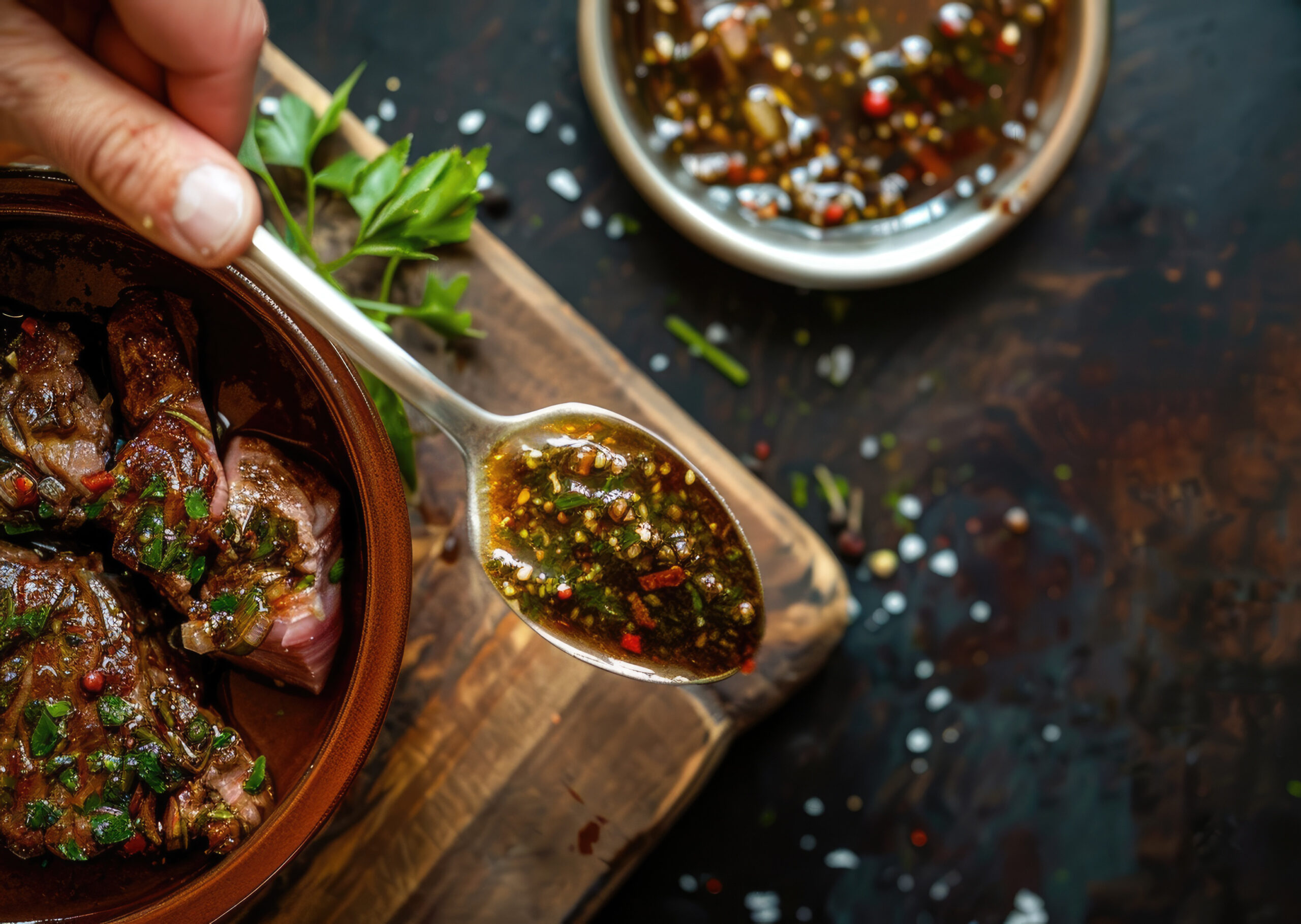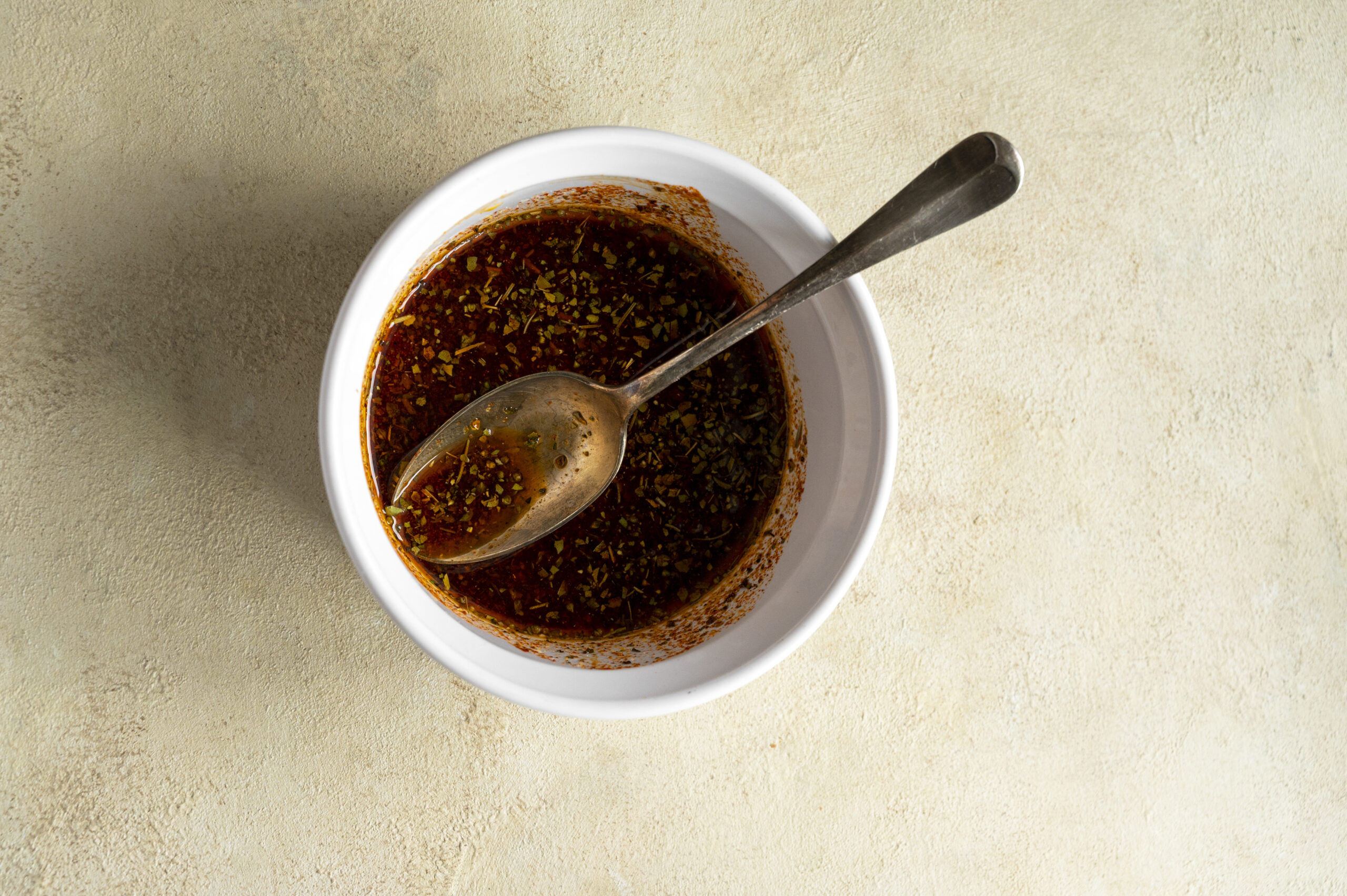- LIFE
The Very Best 50 Questions to Ask Your Boyfriend


Creating the perfect chicken dish often begins with an easy chicken marinade that enhances flavor while ensuring tenderness. Whether you’re preparing a quick weeknight dinner or planning a weekend barbecue, mastering the art of marinating can transform a simple chicken breast into a culinary masterpiece. This guide will explore a variety of marinade techniques, recipes, and tips to help you elevate your chicken dishes effortlessly.
A good marinade not only infuses chicken with flavor but also tenderizes it, making it juicy and delicious. The key components of any marinade include an acid, such as vinegar or citrus juice, which breaks down proteins; oil, which helps retain moisture; and seasonings, which add depth and complexity. To maximize the effectiveness of your marinade, ensure the chicken is evenly coated and allow it to rest in the refrigerator for at least 30 minutes, although longer marinating times can enhance the flavor further.

For those bustling evenings when time is of the essence, having a repertoire of quick and easy chicken marinades can be a lifesaver. Here are four simple recipes to get you started:
Ingredients:
Steps:
Serve with: Grilled vegetables or a fresh garden salad.
Ingredients:
Steps:
Serve with: Steamed rice or stir-fried vegetables.
Ingredients:
Steps:
Serve with: Coleslaw or corn on the cob.
Ingredients:
Steps:
Serve with: Warm pita bread and a cucumber salad.
Understanding the science behind marinades can help you achieve the perfect texture and flavor in your chicken dishes. Acids and enzymes in marinades break down muscle fibers and connective tissues, making the meat more tender. Acids such as vinegar, lemon juice, and yogurt are particularly effective. However, it’s important to balance the acidity, as too much can lead to a mushy texture. Oils in the marinade help lock in moisture, ensuring that the chicken remains juicy during cooking.
Olive oil is a versatile base for marinades, providing a rich, savory flavor that complements a wide range of spices. Combining olive oil with herbs like rosemary, thyme, and basil can create a fragrant and flavorful marinade. For a Mediterranean twist, add garlic, lemon zest, and a pinch of red pepper flakes to the mix. This type of marinade not only enhances the taste of chicken but also keeps it moist and tender.
Grilled chicken can benefit from bold and creative marinades that bring out its natural flavors. Consider experimenting with different combinations of herbs, spices, and liquids to create unique flavor profiles. For instance, a mixture of coconut milk, curry powder, and lime juice can give your grilled chicken an exotic flair. Alternatively, try a blend of balsamic vinegar, honey, and Dijon mustard for a sweet and tangy finish. The possibilities are endless, allowing you to tailor your marinades to suit any occasion or taste preference.
Marinating chicken breasts in advance is an excellent way to streamline meal prep and ensure flavorful, ready-to-cook meals throughout the week. Prepare a batch of your favorite marinade and let the chicken soak overnight for maximum flavor absorption. Divide the marinated chicken into individual portions and store them in airtight containers or resealable bags. This method not only saves time but also ensures that you always have a delicious, protein-rich option on hand for quick lunches or dinners.
Proper storage of marinated chicken is crucial to maintain its flavor and safety. If you have leftover marinated chicken, store it in the refrigerator within two hours of cooking. Use airtight containers to prevent any odors from affecting other foods. Marinated chicken can be stored in the fridge for up to three days. For longer storage, consider freezing the chicken in its marinade. This not only preserves the flavors but also allows for convenient meal prep later on.
Reheating marinated chicken without drying it out can be a challenge, but with the right techniques, you can enjoy juicy leftovers. To reheat chicken, use a method that retains moisture, such as baking in the oven or steaming. If using the oven, cover the chicken with foil and heat at a low temperature. Alternatively, you can reheat chicken in a skillet with a splash of broth or water to prevent it from drying out. These methods ensure that your chicken remains tender and flavorful, even after reheating.